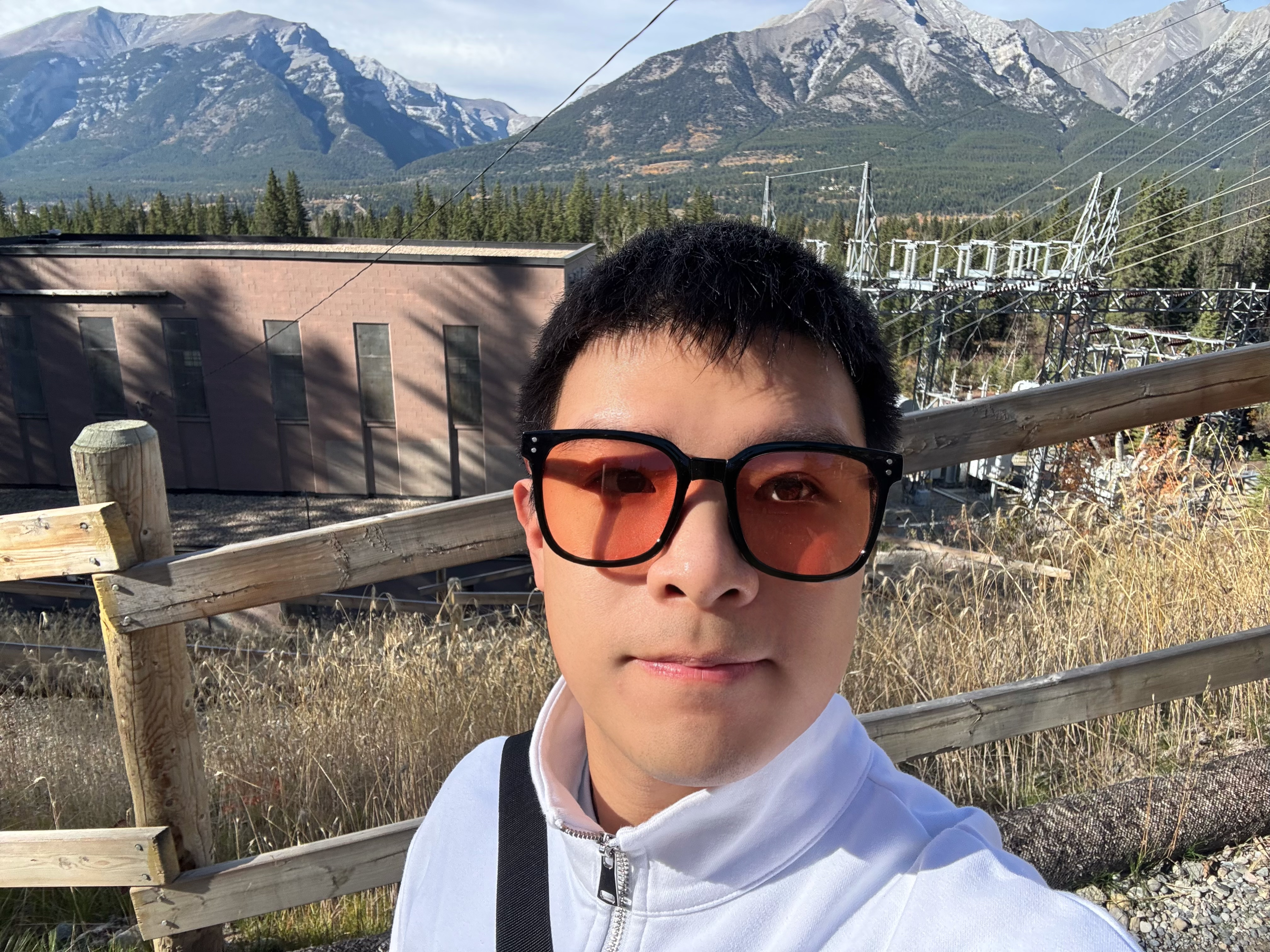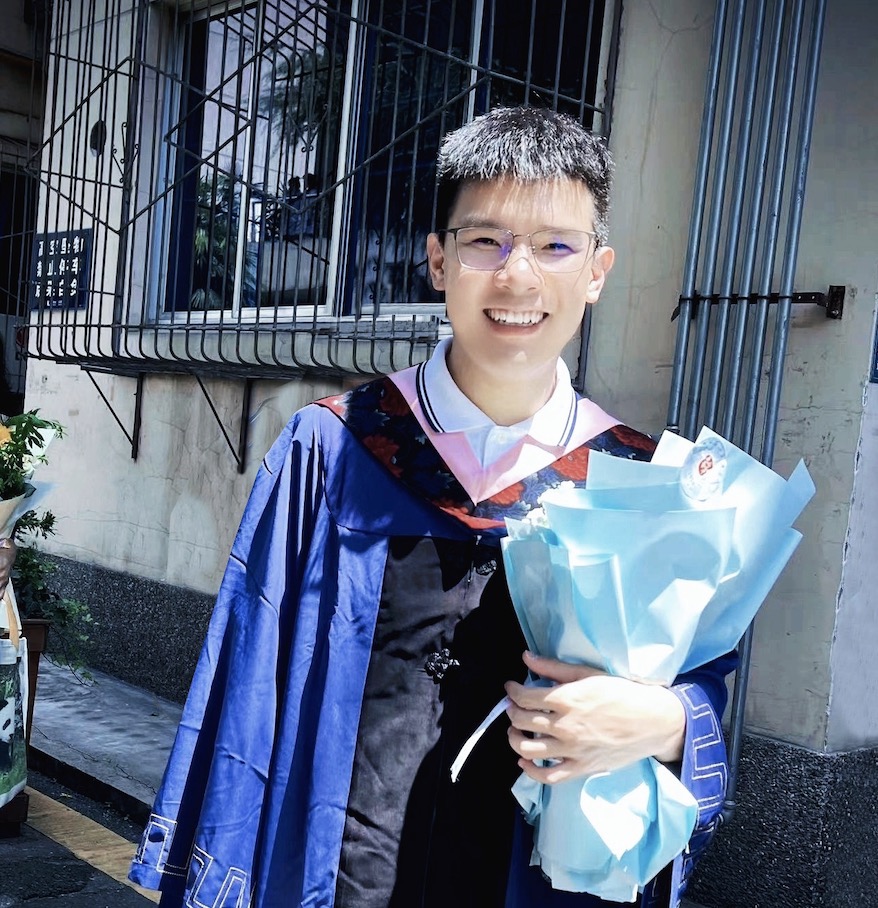About Me

Update in 17th June 2025. Life and stories keep unfolding……
Short Biographical Story
Hi 👋 My name is Gengyan (Kyan) Tang [Chinese name:唐耕砚]. I am a PhD student in the Werklund School of Education at the University of Calgary. Here is my latest CV.
I was born in a small city in southwestern China—Fushun, Zigong. I spent the first 18 years of my life there, receiving all my K-12 education in the same place. Growing up, my exposure to English was very basic, with virtually no training in speaking or listening. After high school, I moved to Chengdu, the capital of Sichuan Province, where I lived for eight years before relocating to Chongqing, a city 300 kilometers away, for another three years.
Chongqing quickly became my favorite city. I was captivated by its stunning, dreamlike cityspace and, of course, its unbeatable hotpot cuisine.
During my undergraduate studies, I developed a strong passion for academic research. I joined a project under my undergraduate program supervisor and became interested in the media industry. After completing my undergraduate program, I decided to pursue further studies and took the Chinese National Postgraduate Entrance Examination. I didn’t pass on my first attempt, but I didn’t give up. On my second try, I was admitted to the Sichuan Academy of Social Sciences, where my advisor, provided me with a supportive and flexible environment. This allowed me to independently explore my research interests.
It was during this time that I found my research calling: research and publication integrity. Having witnessed and experienced numerous cases of academic misconduct, I felt a strong urge to address the issue and contribute to improving the status quo in China’s academic community. For my master’s thesis, I used a mixed-methods approach, scientometrics, statistical analysis, semi-structured interviews, and grounded theory, to examine the characteristics of predatory journals in the Chinese context and the motivations behind authorship. The thesis stemmed from two papers I published in Accountability in Research.
After completing my master’s program, I applied for Ph.D. programs but faced rejections for two consecutive years. Despite these setbacks, I did not stop my research. During this time, I conducted fieldwork in a public hospital in Chongqing, focusing on internal research misconduct, such as gift authorship, ghostwriting, and data fabrication.
I’ve also become increasingly interested in the challenges emerging technologies pose to research integrity, particularly the transformative impact of tools like ChatGPT and other AIGC innovations on academia. I believe technology can bring positive changes to the world, but only if we uphold core values like ethics, integrity, and transparency.
On a more personal note, I’m a proud cat parent. My cat, Mimi, was a stray I found on a street corner in Chongqing shortly after my grandmother and great-grandmother passed away. I took him in and cared for him for three years before moving to Canada. Now, my mother looks after Mimi, who has grown from his original 3 kilograms to a healthy 5 kilograms. He is thriving.
News and Updates
- Jun 2025: I was featured in STAT News for my article published in JAMA Network Open: https://doi.org/10.1001/jamanetworkopen.2025.15160.
- Jun 2025: I was interviewed by Nature to discuss the driving forces behind paper mill activities in China: https://doi.org/10.1038/d41586-025-01824-3.
- Mar 2025: I was interviewed by Nature to discuss recent research integrity policies in China: https://doi.org/10.1038/d41586-024-04230-3.
- Jan 2025: My correspondence to Nature has been published: https://doi.org/10.1038/d41586-024-04230-3.
- Dec 2024: My correspondence to Nature has been accepted and will be published early next year.
